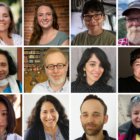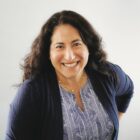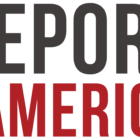It’s not enough to produce high-impact journalism. A core component of our mission is to train tomorrow’s muckrakers, who will go on to elevate the craft throughout their careers.
What have some of our best and brightest gotten out of their time with us? Where have they landed within this field?
These are their stories, in their own words.
Ambika Kandasamy
Managing Editor, Shareable

I had the honor of being the first intern at the San Francisco Public Press.
After my internship ended, I stayed with the organization as a reporter and an assistant news editor for a few years. The amazing team, including executive director Michael Stoll, publisher Lila LaHood and former news editor Rich Pestorich, really helped me fortify my skills in journalism. They gave me the opportunity to do in-depth, meaningful reporting on consequential issues, from human trafficking to climate change policies — that may not have been possible in other newsrooms at that stage in my career. They also helped me develop my social media, multimedia and fundraising skills. To this day, I carry the values of public-interest journalism that they instilled in me. I was able to confidently move on to various positions at GlobalPost, FRONTLINE and Shareable because of the training I received at the Public Press.
If you’re interested in doing impactful work in journalism, this is definitely an ideal place to start your journey.
In addition to her many other articles for the Public Press, Ambika’s work appeared in our very first print edition, published in 2010. Find out more about Ambika here.
Kevin Stark
Staff Reporter, Energy News Network
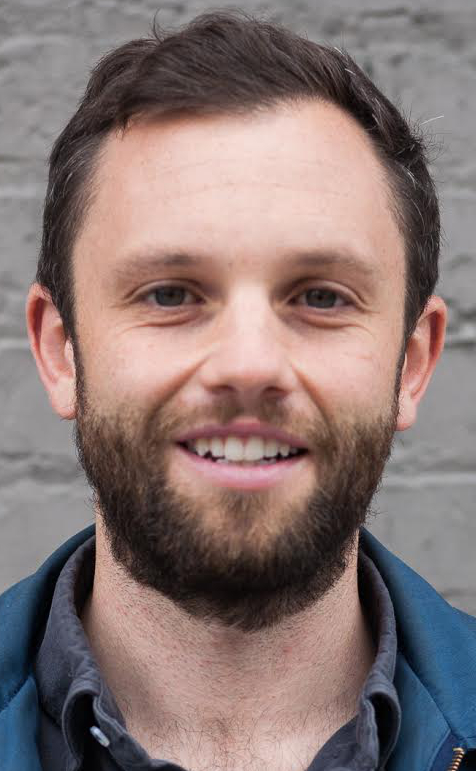
In 2009, I worked on the Public Press’s first special report.
San Francisco was facing a half-billion-dollar deficit and slashing local government by 25 percent. I covered the crisis on a day-to-day basis, detailing how the cuts were concentrated around social services and health clinics. I learned how to find stories, cultivate sources, file document requests, analyze data, interview and write for news. It was a crash course in beat reporting.
I’ve contributed subsequently as a lead reporter on several of the Public Press’s investigations — most recently writing about the intersection of sea level rise and land-use policy, a disaster in slow motion. We used scientific models and online tools to examine the long-term effects of rising waters and exposed how major real estate developers were potentially putting people in harm’s way. It was a demanding and rewarding experience.
My Public Press work prepared me to be successful as a reporter in today’s media. I cover smart grid innovation and the clean energy transition in Illinois for Energy News Network. I also work on long-form investigative projects for Chicago’s Data Reporting Lab.
Find out more about Kevin here.
Corianne Brosnahan
Digital Content Producer, WGBH
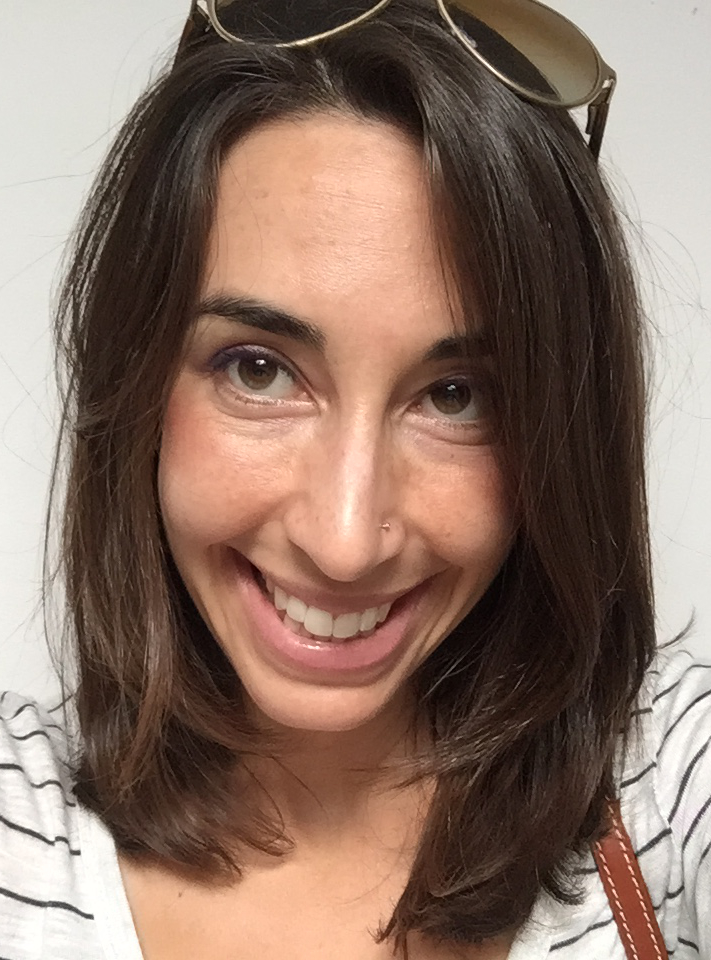
When I showed up at the Public Press, I had an ardent love for adverbs and couldn’t write a declarative sentence to save my life. I was terrified of the cold call and knew absolutely nothing about San Francisco housing laws — which I was apparently supposed to cover. Over the next few months, the editors patiently molded me into something that actually resembled a reporter.
After my internship, I moved to Boston, where my newfound journalistic skills helped me snag another internship at WBUR, Boston’s NPR station. From there, I’d get a real (read: paying) job at WGBH, the city’s PBS station. I’m now a digital content producer for the Emmy Award-winning history show, American Experience.
The Public Press is the real deal. It’s tough, but friendly; you’ll spend weeks on the nitty gritty, and be amazed at the strength and elegance of the final product. And don’t feel bad when they hack away three-quarters of each sentence. You and your article will be better off for it.
For our 2014 special report on how the housing-affordability crisis might be solved, Corianne analyzed the feasibility of backyard cottages, modular homes and density bonuses for residential developers. Find out more about Corianne here.
Alex Kekauoha
Student Communications Editor, Stanford University
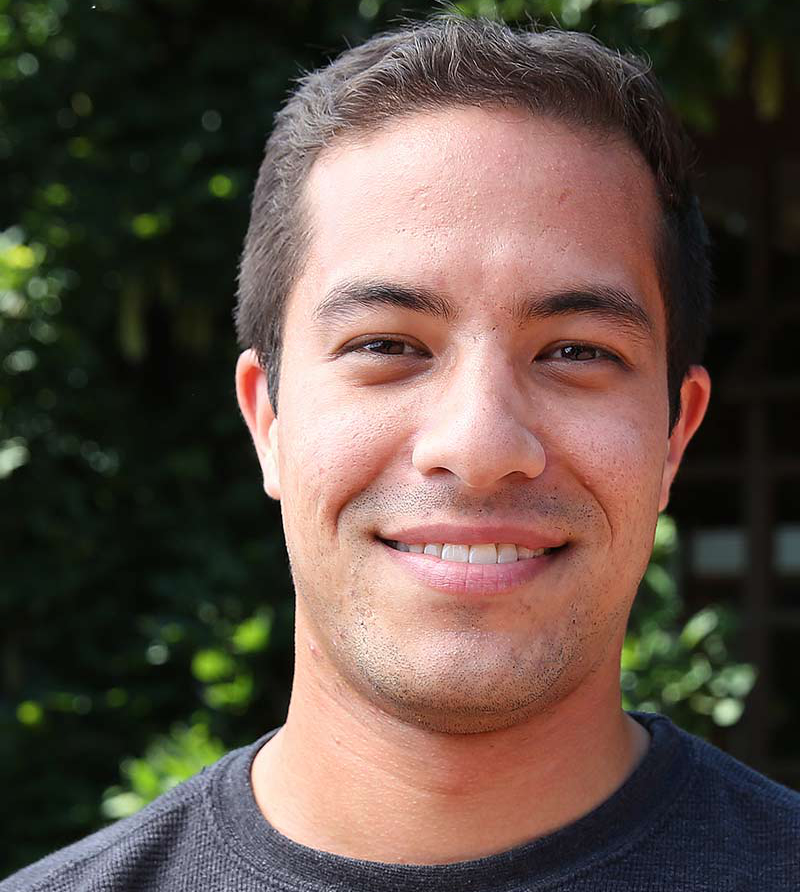 |
| Photo courtesy of UC Berkeley |
Working at the Public Press was a transformative experience. Some of my best work to date was done there, and I don’t doubt that it helped move my career forward.
Once, while working on a story about a San Francisco-based company that owed millions to its nonprofit customers, I found myself struggling to gather the facts. After a long interview with the CEO that left me with more questions than answers, Michael Stoll pointed me to more useful sources. We later worked together to edit the story, and he showed me how to organize my reporting in an intelligible way.
I came to the Public Press in my mid-twenties with limited experience in print reporting, but plenty of zeal and an eagerness to learn. Michael and publisher Lila LaHood welcomed me in, showed me the ropes of investigative reporting, and gave me a space to develop as a writer.
Alex has contributed to two of our special reports — about local job-training programs, and the workers who don’t benefit from the city’s high minimum wage. Find out more about Alex here.
Sara Bloomberg
News Assistant, The Asahi Shimbun
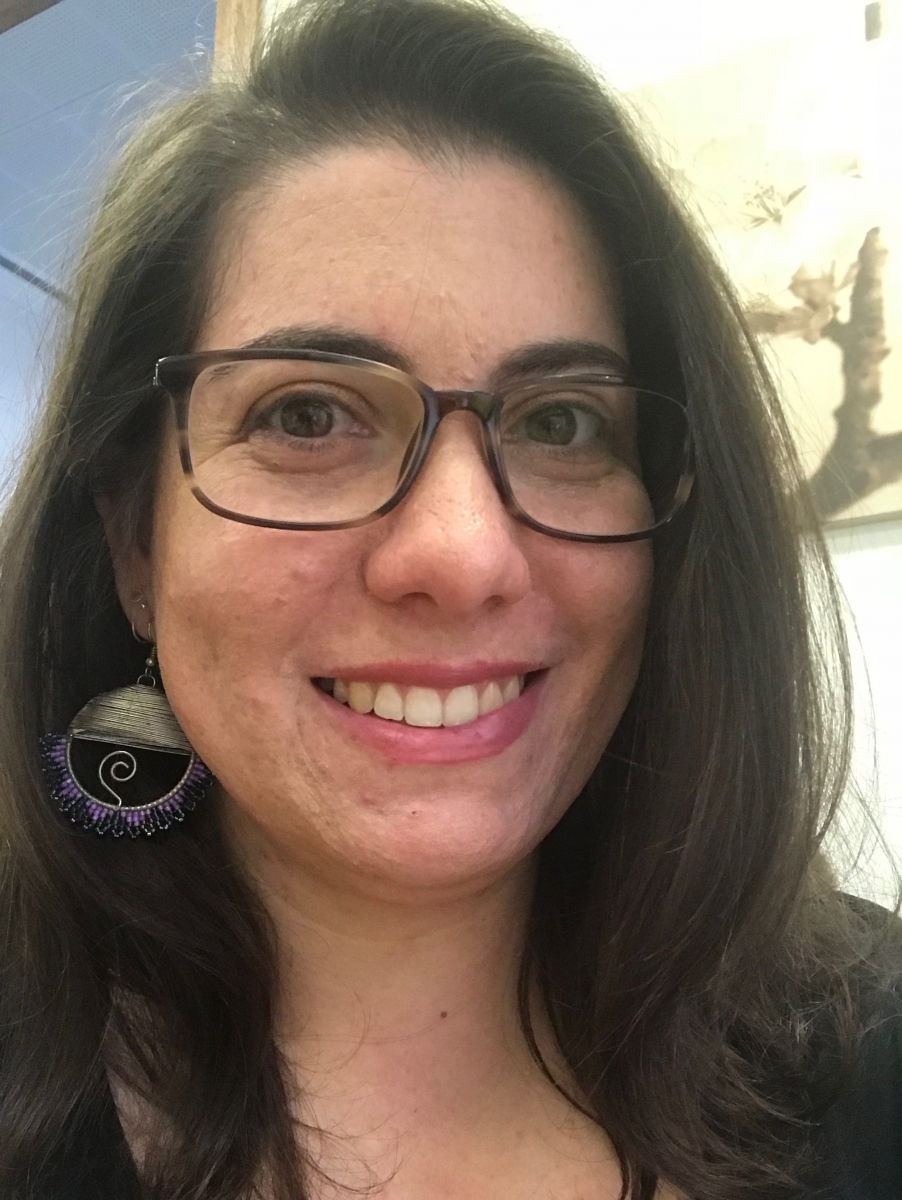
At the San Francisco bureau of one of Japan’s largest daily newspapers, The Asahi Shimbun — or “the morning sun newspaper” in English — I cover breaking news in the Western U.S. and Pacific region, including all things Silicon Valley and tech.
This is my first full-time journalism job, after more than five years freelancing at various local publications and a brief pit-stop in marketing and PR.
Like many freelancers, I had to supplement reporting with other part-time gigs — I never want to make buckets of coffee at 6 a.m. ever again! But even with a tight schedule, I was able to work on projects at the Public Press. That let me build a portfolio of work and get consistent reporting experience with a talented team.
My journalism career has been anything but traditional or straightforward, and I’m grateful that the Public Press has been part of the journey.
Sara’s work has appeared in four of the Public Press’s print editions. Of those, two have won awards from the Society of Professional Journalists, Northern California Chapter: The Rising Cost of Winning Votes, published in fall 2016, and Navigating Homelessness, published in summer 2017. Find out more about Sara here.
Zachary Clark
Staff Reporter, San Mateo Daily Journal
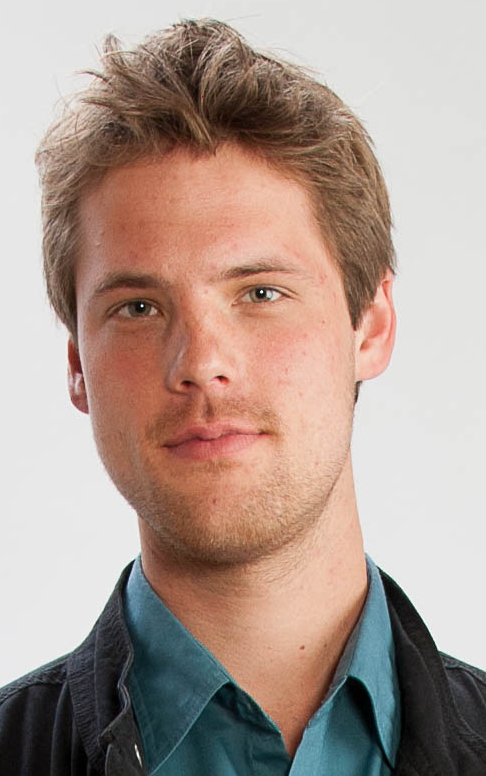
I sharpened my craft through this internship, where I received a balance of hands-on journalistic training and freedom to pursue the topics I found interesting.
Over the course of my six months there, I learned a variety of skills and strategies that I now employ on a daily basis: how to identify and find angles and sources, ask effective questions and structure stories.
If I lost sight of the crux of my story, editors Michael Winter and Noah Arroyo always helped me find it again, often through charts and diagrams on a whiteboard. They taught me to discard my assumptions and to always question.
Zach wrote about elections and homelessness, and his work appeared in two print editions. Find out more about Zach here.
Robin Ngai
Assistant Editor, Healthline
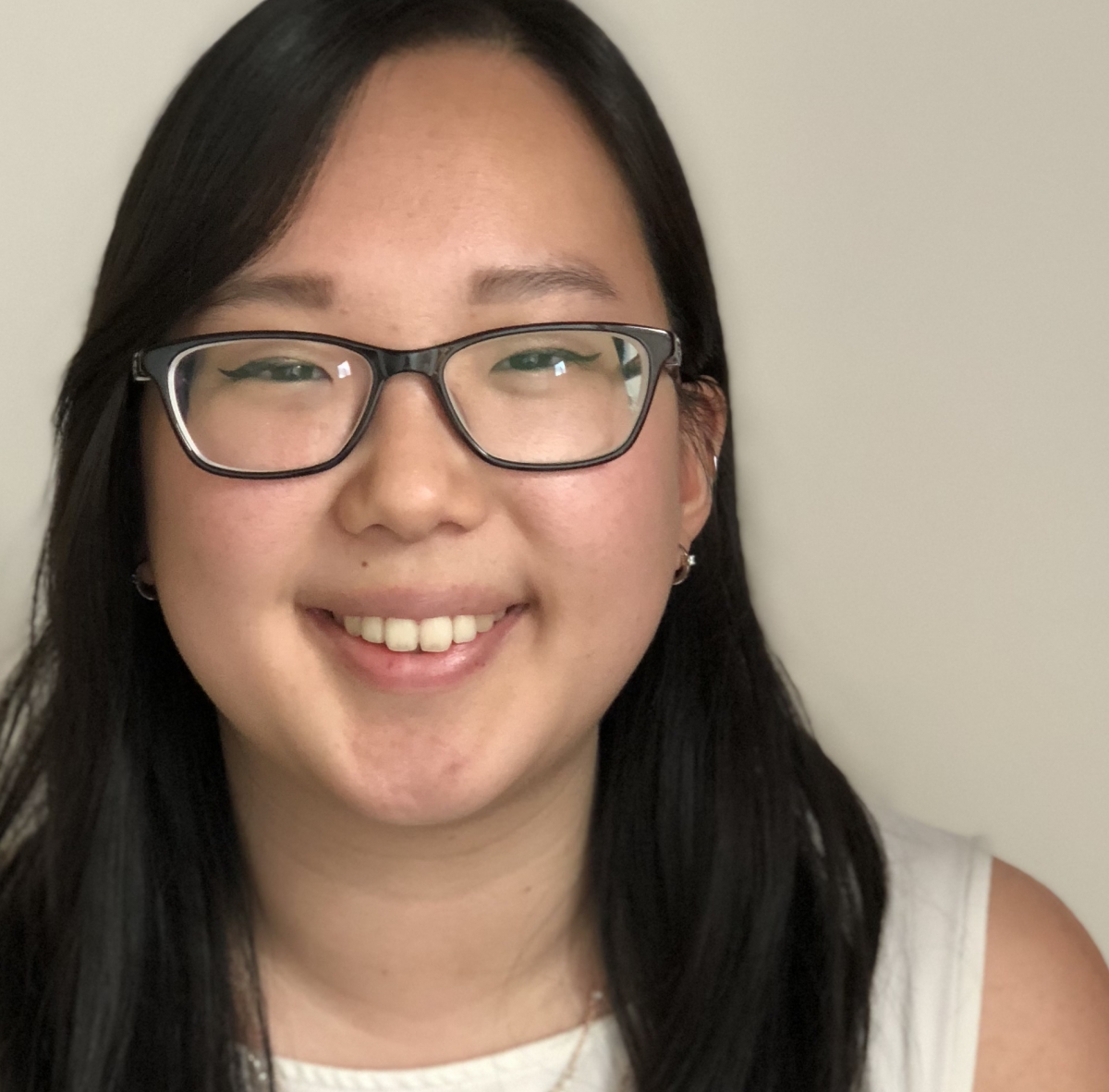
It was my first journalism internship and a real stepping stone for the rest of my career. I learned so much about grassroots journalism and how to research like a pro. Meanwhile, the Public Press made me feel like part of the family.
After graduating college, I took a short break from journalism and got a job in tech. But I realized how much I missed reporting when I attended a Public Press launch party for their second special report on sea level rise. There, staff spoke passionately to a room full of people who cared about the issues — I left the party inspired to give journalism another shot.
I’m now at Healthline, the second-most visited consumer health website. I edit, build our team of freelancers and contribute to many editorial projects. I pour myself in our stories.
Robin analyzed the concepts of “micro-apartments” and housing cooperatives for our summer 2014 special report, Creative Solutions to the Housing Crisis. The project won the Society of Professional Journalists’ 2015 award for explanatory journalism (print/text small division). Find out more about Robin here.
Hannah Kaplan
Photo Assistant, Cosmopolitan Magazine
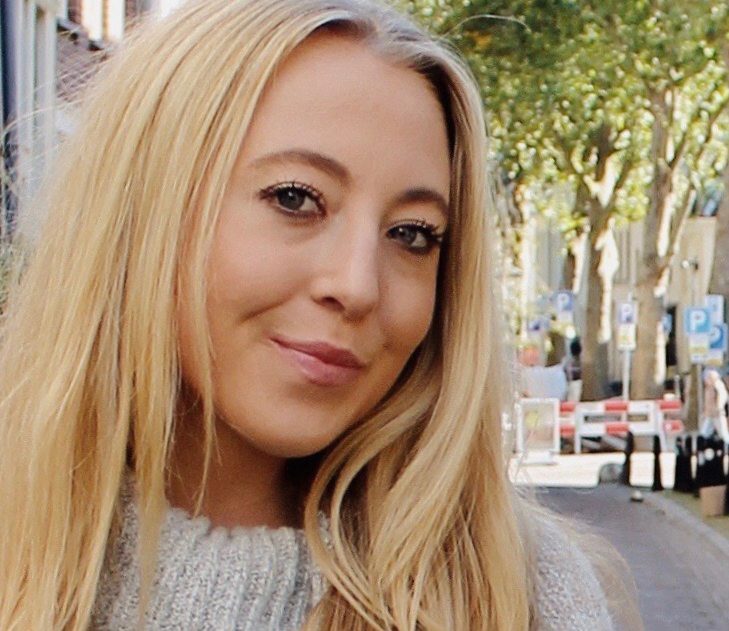
As a journalism major in college, I became enamored of the idea that good reporting can shine a light on social injustices, and draw readers into a place where they would not venture on their own.
The Public Press allowed me to work on those kinds of stories. I remember being crouched over in tents or outside box homes on the streets of San Francisco, trying to understand pieces of a larger story about homelessness.
My internship also opened my eyes to the power of data. We used it to identify weaknesses in the city’s housing and social-services programs, and to challenge city officials’ arguments. And weaving those data into a narrative was an extremely valuable lesson in journalism.
Hannah wrote about the residents of a major homeless encampment for our summer 2017 special report, Navigating Homelessness, and she co-wrote the cover story. The project won the award for community journalism from the Society of Professional Journalists, Northern California Chapter. Find out more about Hannah here.
Hye-Jin Kim
Freelance reporter
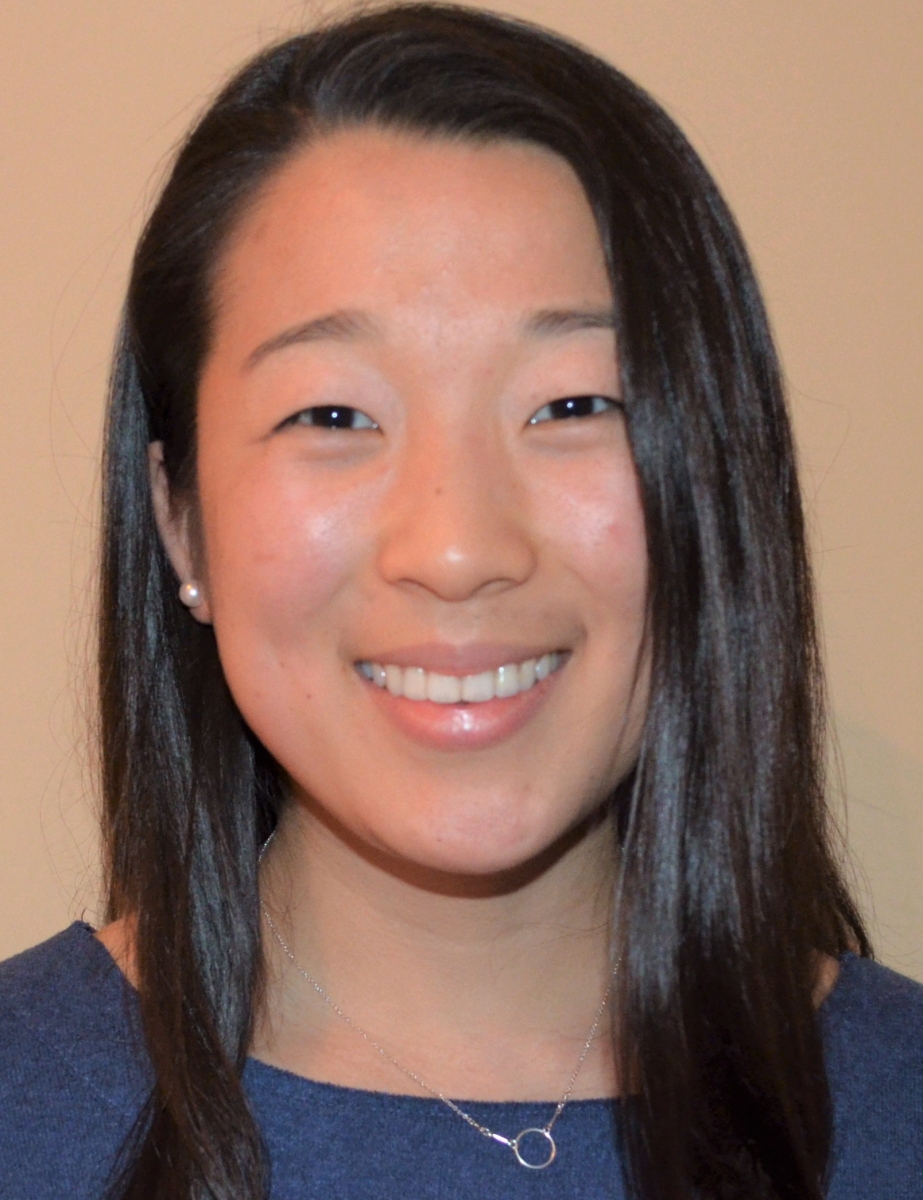
After my editorial internship, I took a brief detour to work as a researcher for a lobbying firm. But I pivoted back to journalism because I missed it so much. It was the Public Press masthead, on my resume, that swayed an editor to take me on as a freelance writer.
More than the clips, I’m grateful to have worked under the Public Press’s smart, generous editors. They took the time every day to help me improve. Honestly, it could be quite tough but I learned so much — not just about “the craft,” but about my strengths and interests as a reporter, where I could grow, and where my personal biases lie.
I think it speaks to the organization as a whole that I continued receiving guidance from Noah long after I left.
Now I’m freelancing for local papers in New Jersey. I’d like to end up at a newsroom where I have the freedom to pursue my favorite topics and spotlight government policies that don’t do what they set out to. I’m inclined to keep writing for the general public, instead of a niche audience, because an informed electorate is crucial to a functional democracy.
Hye-Jin’s reporting laid the foundation for our winter 2016 special report on bilingual education programs in San Francisco, led by reporter Jeremy Adam Smith. In addition to her other articles, she wrote a comprehensive timeline of how language education policies have evolved in the United States. The reporting project won the 2017 John Swett Award for Media Excellence. Find out more about Hye-Jin here.
Rishika Dugyala
Reporting Fellow, Texas Tribune
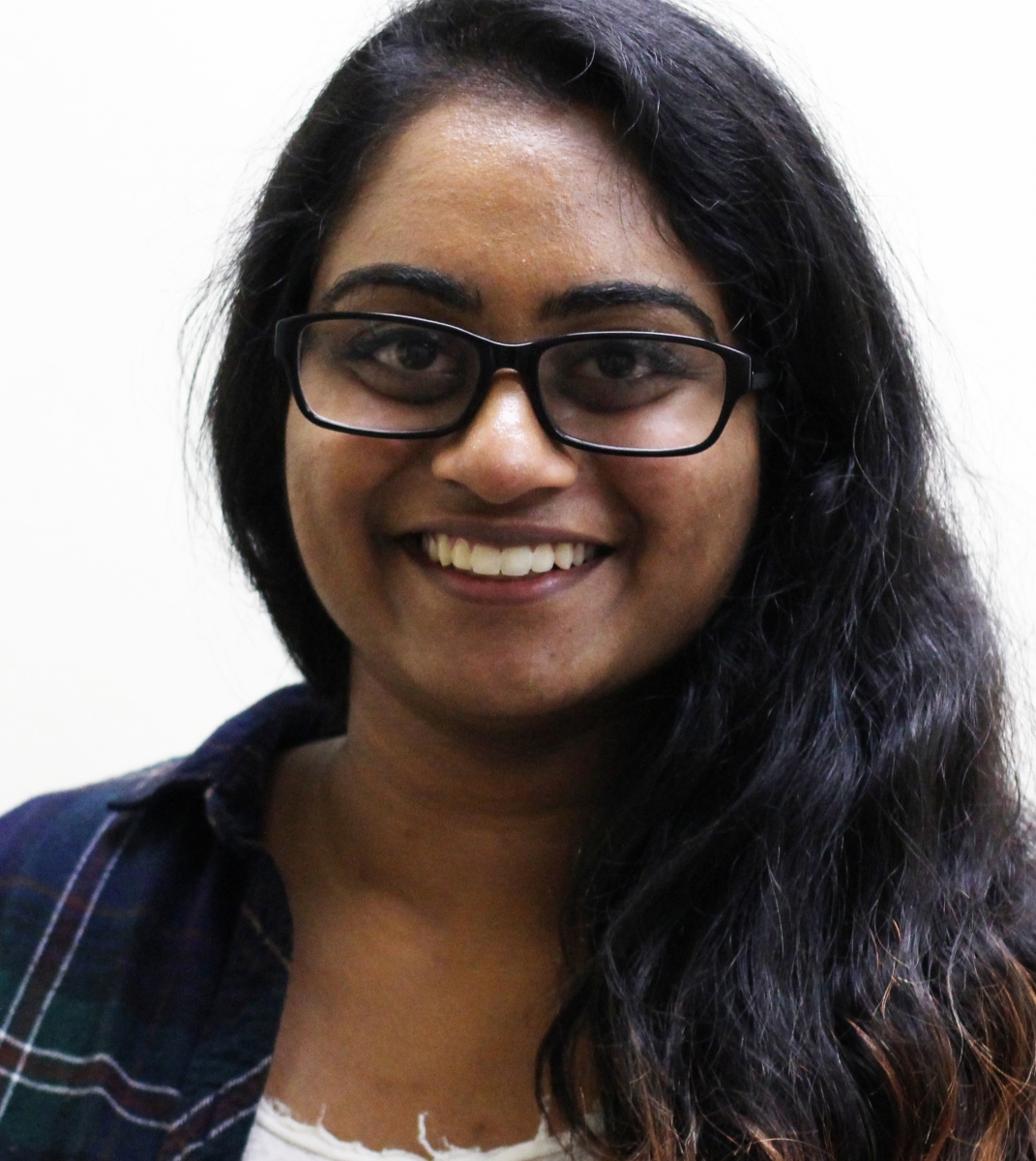
Interning at the Public Press was what made me fixate on journalism as my career path. That summer, I decided I want to become an investigate reporter.
I enjoyed being part of a team and working on projects. I learned how to take a dense, policy-heavy topic and turn it into something digestible for readers. And I realized that I want to keep working in newsrooms as warm and accommodating as this one.
This internship landed me a role last fall on the Medill Justice Project — an investigative journalism organization that reports on criminal justice — as well as my current internship at the Texas Tribune. In both cases, my supervisors said they were impressed with the long-form work I had done at the Public Press and the skills I developed, which have helped me in my enterprise reporting since then.
This summer I’ll be interning at Reuters.
Rishika contributed to our fall 2017 special report on potential solutions to the homelessness crisis in San Francisco. Her articles analyzed and presented examples of “social impact bonds,” which governments can use to attract private capital for investment in services to homeless people. Find out more about Rishika here.
Sarah Asch
Student and Senior Features Editor, The Campus
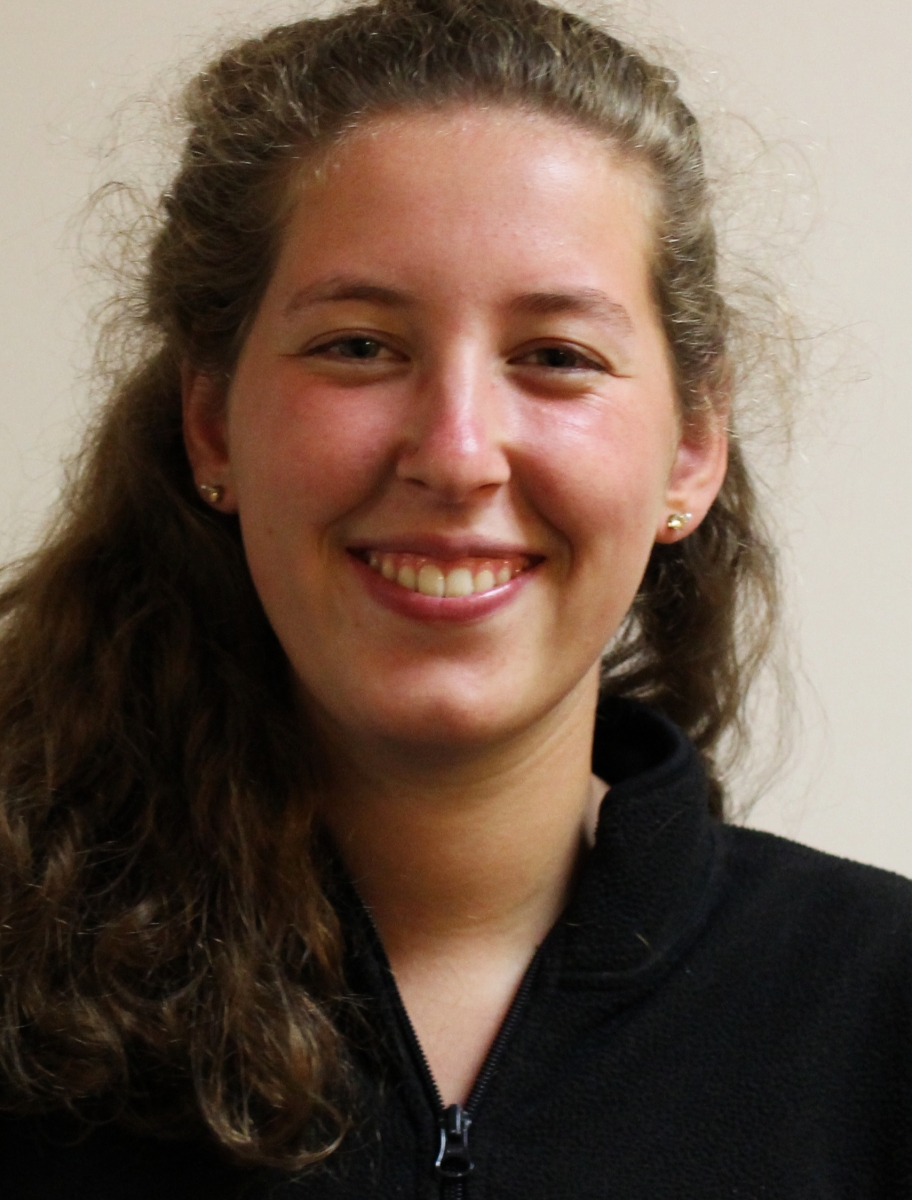
At the San Francisco Public Press, I applied the research and reporting skills I learned in college to real-world journalistic projects. I crunched numbers and used them to create infographics. I sharpened my ability to find the stories that do not get told — to give a megaphone to unheard voices — and to be persistent until I scored interviews with busy government officials and activists, asking them the right questions to give my article what it needed. I practiced framing stories in new and interesting ways, and I employed solutions-oriented journalism for the first time.
This summer internship strengthened my reporting. Thanks to it, when I returned to my college paper as features editor, I had the necessary confidence to take risks and stand by my coverage despite pressure from the top. I participated in an on-campus student press revolution in which our editorial board began to publish stories that we knew to be true and important, even when our administration warned us not to.
Sarah contributed to our fall 2017 special report on potential solutions to the homelessness crisis in San Francisco. She wrote about the “host-home” model, in which volunteers house homeless youths. Find out more about Sarah here.
